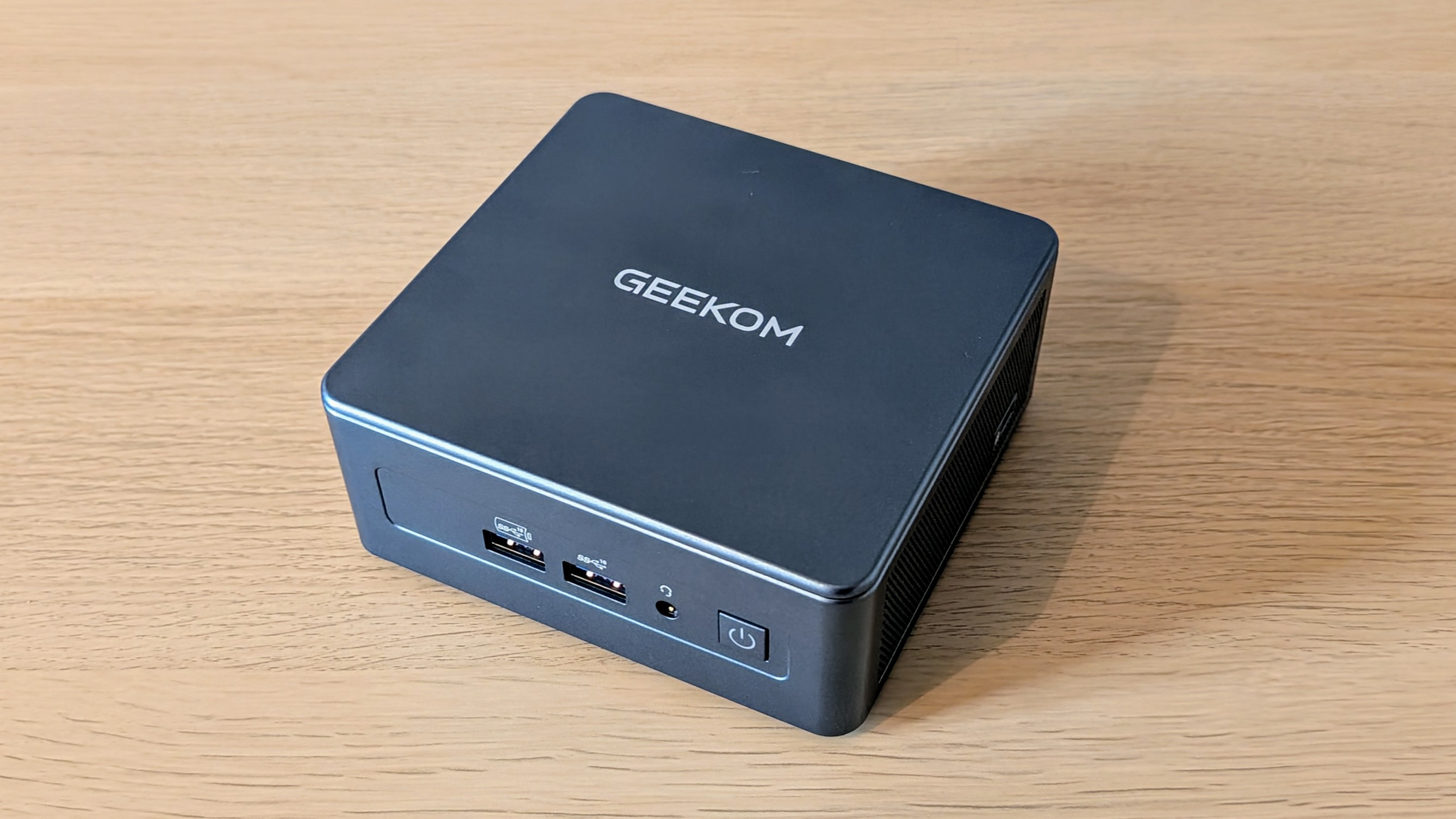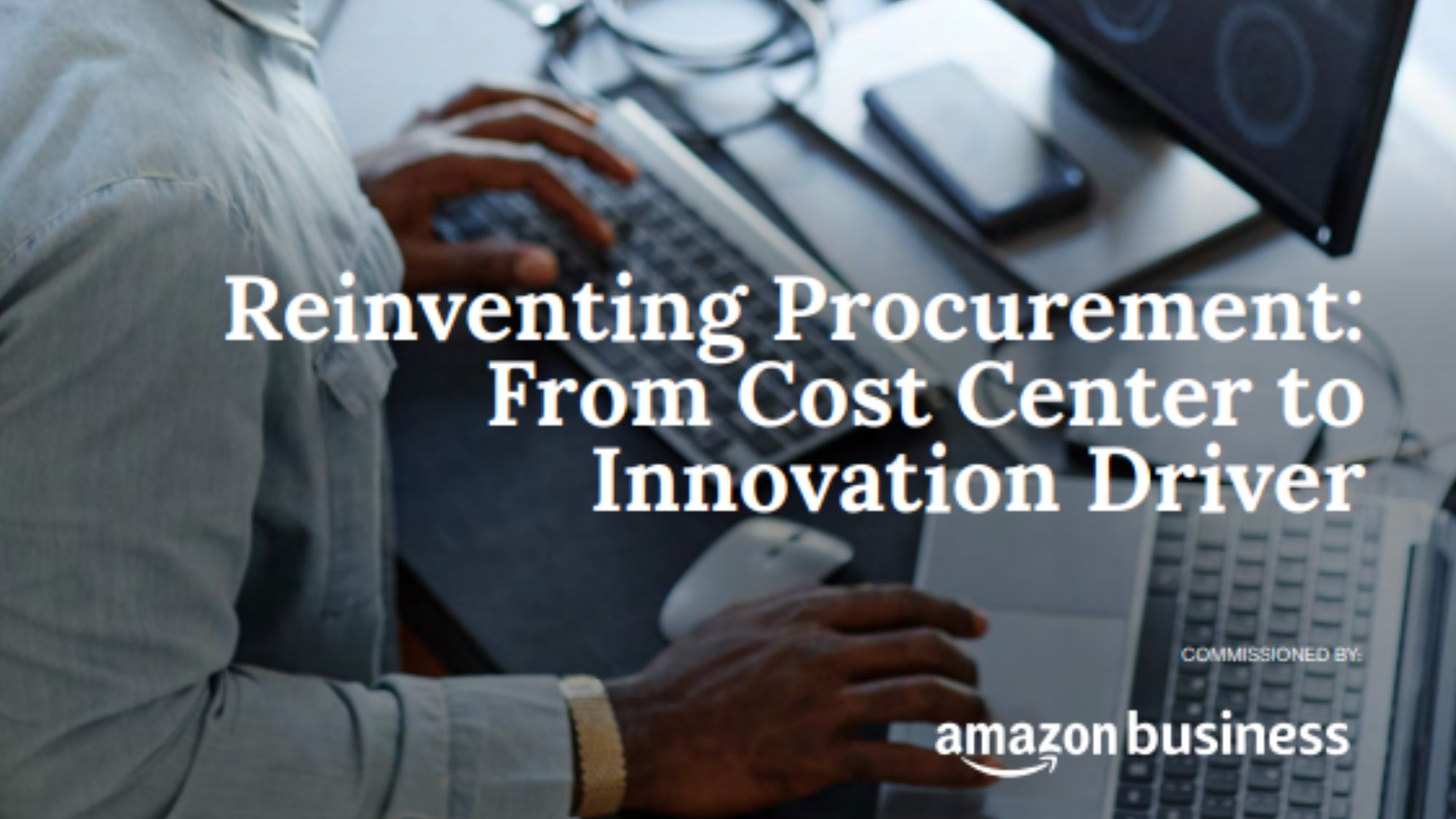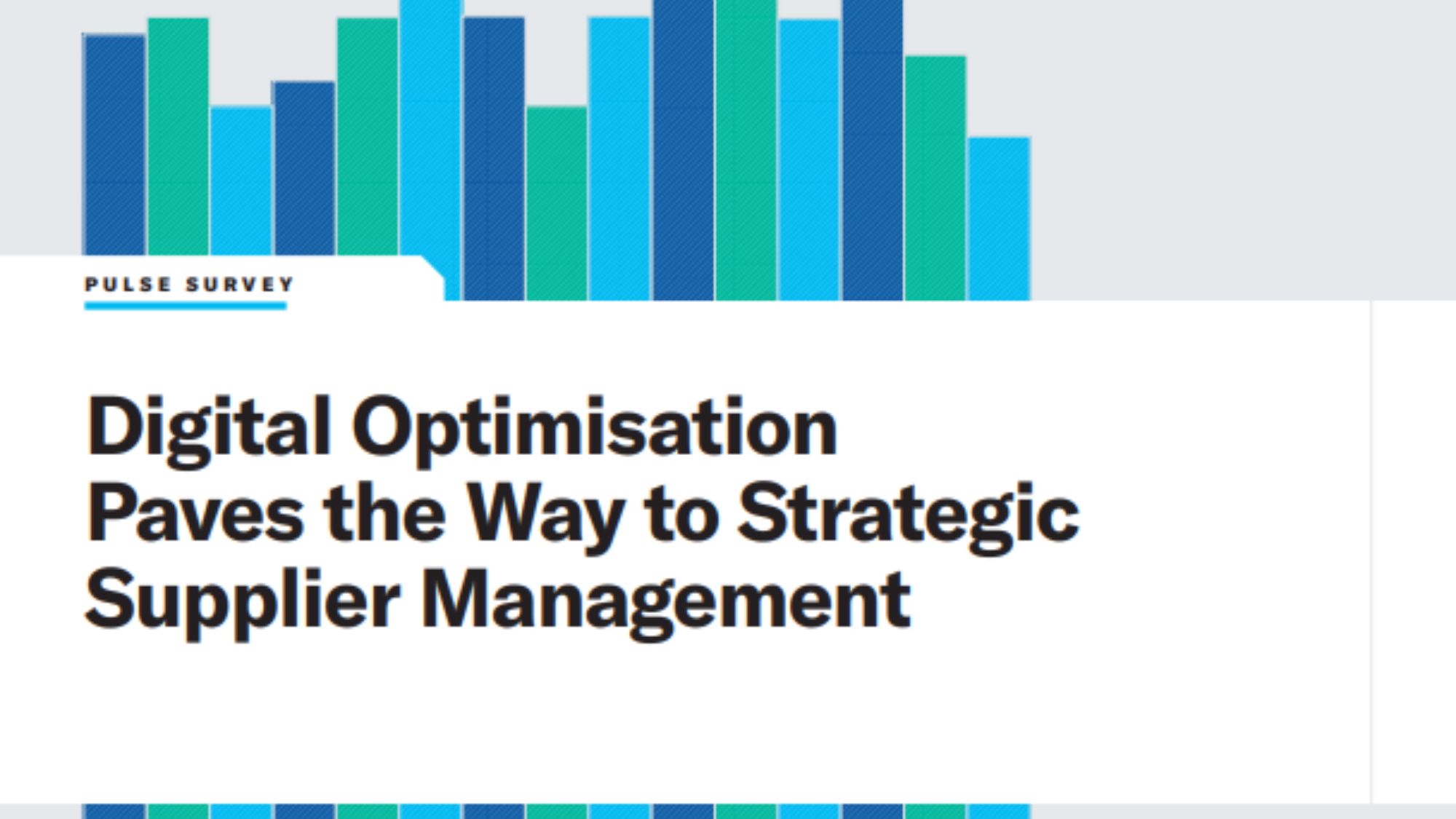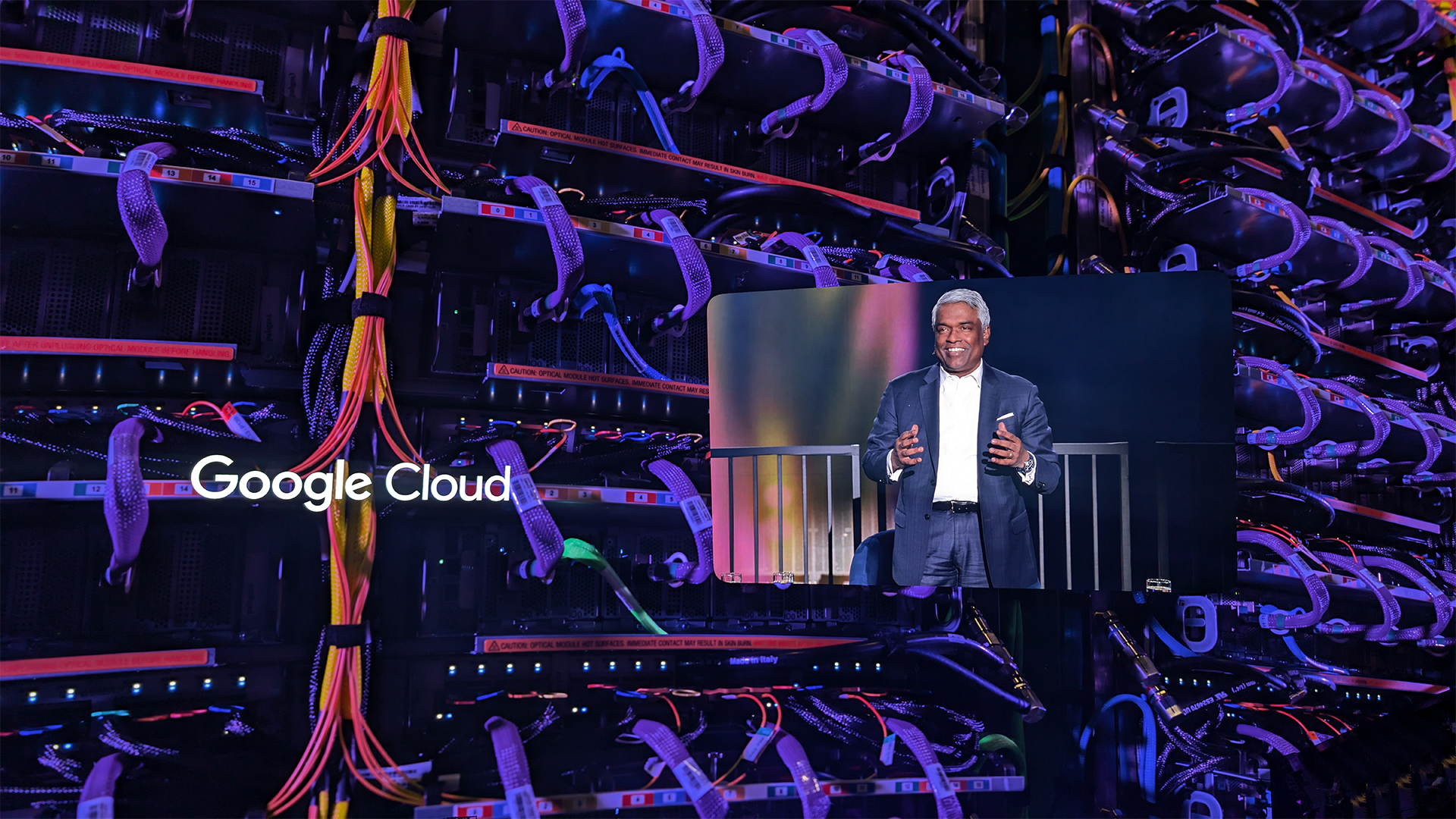Only 13% of firms are tracking their AI energy usage – here’s why that’s a problem
While firms are rushing to adopt AI, they're not keeping on top of the associated power costs


While business leaders say they're concerned about the power demands of AI within their organization, few are managing to monitor it properly.
Seven-in-ten business leaders say they're aware of the significant energy required to train or run AI models, and half are concerned about the energy and efficiency challenges this brings.
Yet despite this, just 13% are monitoring the power consumption of their AI systems.
Only six-in-ten acknowledge that energy efficiency will play a crucial role in future strategic planning, thanks to both cost management imperatives and operational scalability concerns.
Rodrigo Liang, CEO of SambaNova Systems, said the study paints a stark picture of AI adoption, with firms rushing to embrace the technology while failing to manage its energy impact.
"Without a proactive approach to more efficient AI hardware and energy consumption, particularly in the face of increasing demand from AI workflows, we risk undermining the very progress AI promises to deliver,” Liang said.
“By 2027, my expectation is that more than 90% of leaders will be concerned about the power demands of AI and will monitor consumption as a KPI that corporate boards will track closely."
Get the ITPro daily newsletter
Sign up today and you will receive a free copy of our Future Focus 2025 report - the leading guidance on AI, cybersecurity and other IT challenges as per 700+ senior executives
Among those organizations that have widely deployed AI, more than three-quarters are actively seeking to reduce power usage. Popular approaches include hardware and software optimization, adopted by 40%, adopting energy-efficient processors (39.3%), and investing in renewable energy (34.9%).
For one-fifth of companies, rising power costs are a pressing issue, with 37% experiencing increasing stakeholder pressure to improve AI energy efficiency, and a further 42% expecting these demands to emerge soon.
However, while seven-in-ten leaders recognize the energy-intensive nature of training large language models (LLMs), only six-in-ten are aware of the significant power demands of inference.
This highlights a critical gap, researchers said, as inference workloads are set to dominate AI usage with the scaling of Agentic AI.
RELATED WHITEPAPER

Similarly, the excessive power consumption and prohibitive costs associated with current GPU-based solutions are likely to force many enterprises to seek more efficient alternatives.
This has the potential to fundamentally change the AI hardware landscape to favor solutions that deliver high performance without unsustainable energy demands.
"The rapid pace of AI adoption underscores a critical need for enterprises to align their strategies with the power requirements of AI deployment," said Liang. "As businesses integrate AI, addressing energy efficiency and infrastructure readiness will be essential for long-term success."
Late last year, the International Energy Agency (IEA) found that interactions with solutions like ChatGPT use ten-times more electricity than a standard Google search.
Training a large language model uses nearly 1,300MWh of electricity, the agency found - the annual consumption of about 130 US homes.
And if ChatGPT were integrated into the nine billion searches carried out each day, the electricity demand would increase by 10 terawatt-hours per year.
Emma Woollacott is a freelance journalist writing for publications including the BBC, Private Eye, Forbes, Raconteur and specialist technology titles.
-
 Geekom Mini IT13 Review
Geekom Mini IT13 ReviewReviews It may only be a mild update for the Mini IT13, but a more potent CPU has made a good mini PC just that little bit better
By Alun Taylor
-
 Why AI researchers are turning to nature for inspiration
Why AI researchers are turning to nature for inspirationIn-depth From ant colonies to neural networks, researchers are looking to nature to build more efficient, adaptable, and resilient systems
By David Howell
-
 AI-first partnerships: Unlocking scalable growth for business
AI-first partnerships: Unlocking scalable growth for businessChannel partners play a vital role in facilitating AI adoption, but there's more to offering support than simple integration
By Neil Sawyer
-
 Reinventing Procurement: From Cost Center to Innovation Driver
Reinventing Procurement: From Cost Center to Innovation Driverwhitepaper
By ITPro
-
 Digital Optimisation Paves the Way to Strategic Supplier Management
Digital Optimisation Paves the Way to Strategic Supplier Managementwhitepaper
By ITPro
-
 Google Cloud is leaning on all its strengths to support enterprise AI
Google Cloud is leaning on all its strengths to support enterprise AIAnalysis Google Cloud made a big statement at its annual conference last week, staking its claim as the go-to provider for enterprise AI adoption.
By Rory Bathgate
-
 Meta executive denies hyping up Llama 4 benchmark scores – but what can users expect from the new models?
Meta executive denies hyping up Llama 4 benchmark scores – but what can users expect from the new models?News A senior figure at Meta has denied claims that the tech giant boosted performance metrics for its new Llama 4 AI model range following rumors online.
By Nicole Kobie
-
 Fake it till you make it: 79% of tech workers pretend to know more about AI than they do – and executives are the worst offenders
Fake it till you make it: 79% of tech workers pretend to know more about AI than they do – and executives are the worst offendersNews Tech industry workers are exaggerating their AI knowledge and skills capabilities, and executives are among the worst offenders, new research shows.
By Nicole Kobie
-
 Sourcetable, a startup behind a ‘self-driving spreadsheet’ tool, wants to replicate the vibe coding trend for data analysts
Sourcetable, a startup behind a ‘self-driving spreadsheet’ tool, wants to replicate the vibe coding trend for data analystsNews Sourcetable, a startup developing what it’s dubbed the world’s first ‘self-driving spreadsheet’, has raised $4.3 million in funding to transform data analysis.
By Ross Kelly
-
 DeepSeek and Anthropic have a long way to go to catch ChatGPT: OpenAI's flagship chatbot is still far and away the most popular AI tool in offices globally
DeepSeek and Anthropic have a long way to go to catch ChatGPT: OpenAI's flagship chatbot is still far and away the most popular AI tool in offices globallyNews ChatGPT remains the most popular AI tool among office workers globally, research shows, despite a rising number of competitor options available to users.
By Ross Kelly